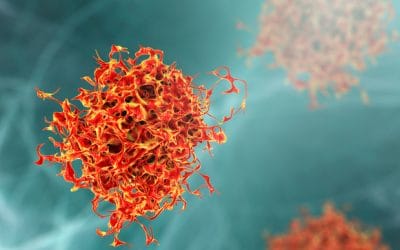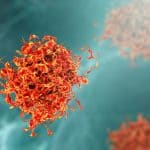Researchers from Johns Hopkins University School of Medicine have revealed new findings about a key pathological protein associated with Parkinson’s disease (PD), which could lead to new treatments.
Published in Science Translational Medicine, the study found that the pathological form of alpha-synuclein triggers cells to increase protein synthesis in the neurodegenerative condition.
Estimated to affect over 8.5 million people worldwide, PD is a progressive disorder that causes brain cells to die off, which leads to symptoms including shakiness, slow movements and stiffness.
Previous studies have linked the death of brain cells to the presence of pathological alpha-synuclein, a normal protein that is present in brain tissue. However, its relation to dopaminergic neuron death is unclear.
In a mouse and a lab cell model of PD neurons, Johns Hopkins researchers used proximity labelling combined with mass spectrometry to identify the proteins that interact with pathological alpha-synuclein.
They discovered and grouped 100 proteins by function and found that the majority played a role in ribonucleic acid processing and translation initiation – the key processes used by cells to make new proteins.
The pathological alpha-synuclein is genetically manipulated to over-express, causing cells to increase protein synthesis by activating the mammalian target of rapamycin (mTOR), which regulates protein production and breaks down proteins.
This process was triggered when the pathological alpha-synuclein bound to another protein known as tuberous sclerosis complex 2, stopping it from connecting with another protein known as TSC1, which controls mTOR.
When researchers treated the mice with rapamycin, a drug that targets mTOR, it prevented excessive protein production and also eased some of the hallmark symptoms of PD.
Study leader Ted Dawson, professor in the department of neurology and director, Institute for Cell Engineering, Johns Hopkins University School of Medicine, said: “We hope that research like this will provide mechanistic, molecular-based therapies that can actually slow or halt the progression of PD.”










